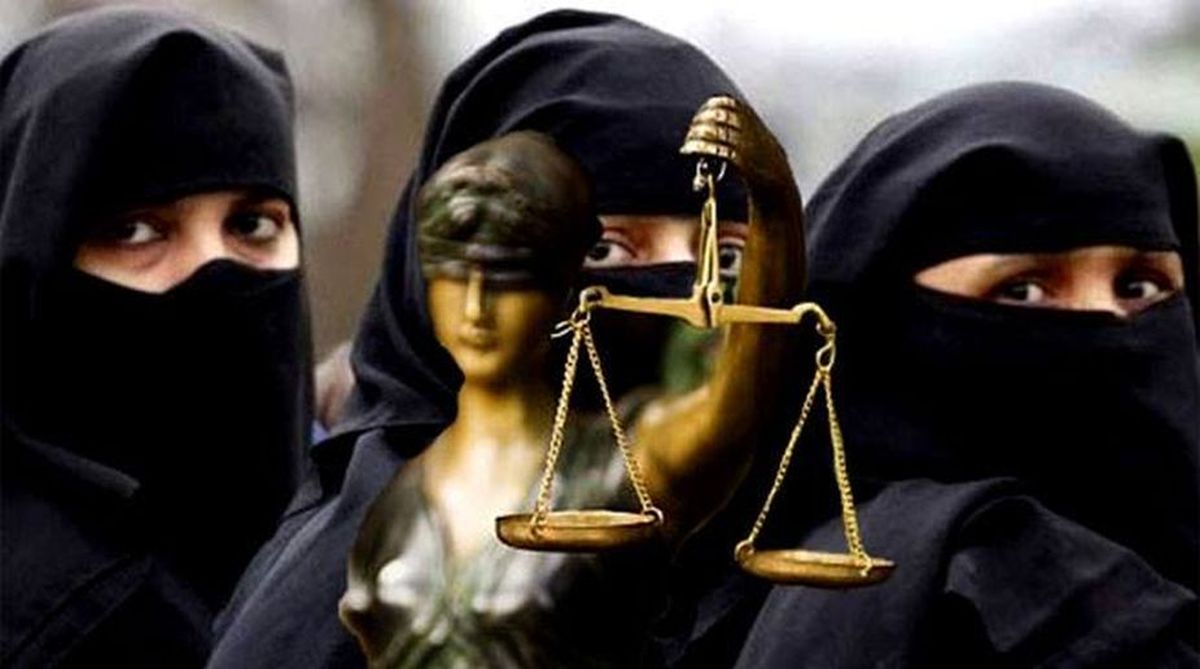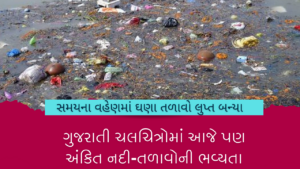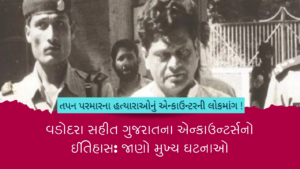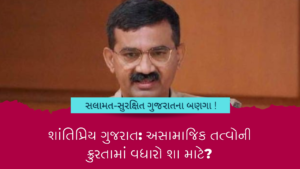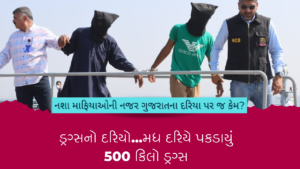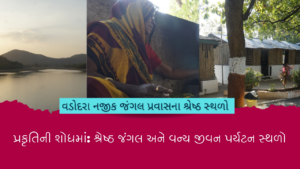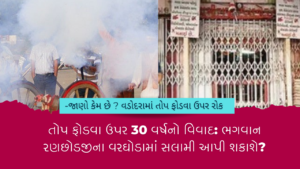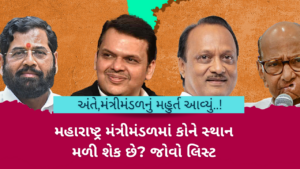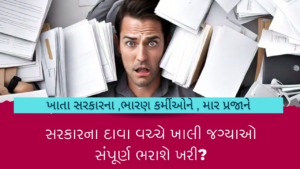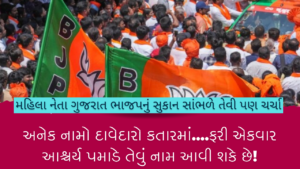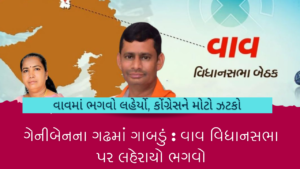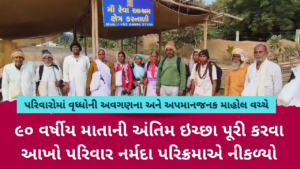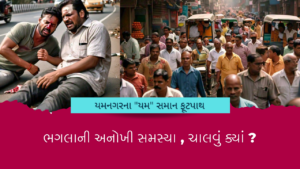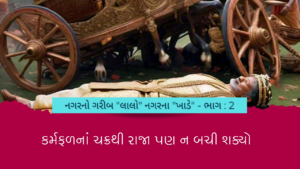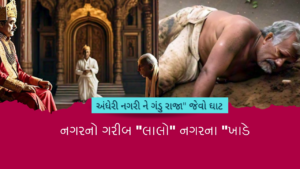It was a tumultuous Tuesday afternoon of August 22, 2017. The Supreme Court of India had declared “triple talaq”, the practice where a Muslim man can get instantaneous divorce from his wife just by saying “divorce” three times as unconstitutional.
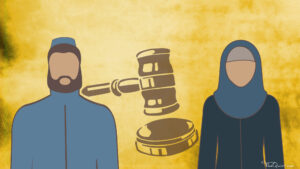 Men, especially older men, have been passing judgement on what rights women should have for centuries. Before women rose up in various parts of the world, such as Jhansi, Sarojini Naidu and Aruna Asif Ali in India and the suffragettes in the West, to name just a few of the numerous milestones. It is a horrendous dream to see the picture for what the triple talaq, also known as ‘Talaq-e-Bidat’ must have caused since hundreds of years of masculine privilege. The revelation hits like a bolt of lightning, piercing the entire being and the deepest parts of brain.
Men, especially older men, have been passing judgement on what rights women should have for centuries. Before women rose up in various parts of the world, such as Jhansi, Sarojini Naidu and Aruna Asif Ali in India and the suffragettes in the West, to name just a few of the numerous milestones. It is a horrendous dream to see the picture for what the triple talaq, also known as ‘Talaq-e-Bidat’ must have caused since hundreds of years of masculine privilege. The revelation hits like a bolt of lightning, piercing the entire being and the deepest parts of brain.
Islam and Divorce
A divorce must be granted over a period of three months, according to Islamic experts, so that the couple has time to reflect and try to mend their relationship. But the contentious Talaq-e-Bidat, has been accepted by the clergy in India for generations. The word “sin” in Persian is ‘Bidat’, and it enables Muslim husbands to remarry by simply pronouncing “talaq talaq talaq.”
 According to the activists, technology has made it much simpler for dishonest men to divorce their spouses by phone, email, or text. Additionally, there have been occasions where men have used Facebook, WhatsApp, or Instagram for this purpose. Triple talaq is already prohibited in 22 Islamic nations, including Pakistan and Bangladesh, and neither Sharia nor the Koran make any mention of it.
According to the activists, technology has made it much simpler for dishonest men to divorce their spouses by phone, email, or text. Additionally, there have been occasions where men have used Facebook, WhatsApp, or Instagram for this purpose. Triple talaq is already prohibited in 22 Islamic nations, including Pakistan and Bangladesh, and neither Sharia nor the Koran make any mention of it.
Shayara Bano: The Game Changer
In India, a push to ban “triple talaq” started many years ago. However, it gained traction in the year 2016 after a 35-year-old mother of two petitioned the Supreme Court for justice. According to Shayara Bano’s plea, which was submitted in February 2016, she was receiving medical treatment at her parents’ house in Uttarakhand when she received her talaqnama. Her attempts to contact her 15-year spouse, who resides in Allahabad, were futile. She was also prohibited from seeing her kids.
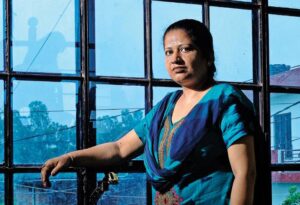 She argued that the practise permitted Muslim males to treat their wives like “chattels” in her petition, which called for a complete ban on it. Bano requested that polygamy, which is permitted for Muslims in India, and “halala”, which requires divorced women to get married again after consummating their first union, be made illegal. According to her, these actions were “illegal, unconstitutional, discriminatory, and contrary to the contemporary principles of gender justice.”
She argued that the practise permitted Muslim males to treat their wives like “chattels” in her petition, which called for a complete ban on it. Bano requested that polygamy, which is permitted for Muslims in India, and “halala”, which requires divorced women to get married again after consummating their first union, be made illegal. According to her, these actions were “illegal, unconstitutional, discriminatory, and contrary to the contemporary principles of gender justice.”
Shayara Bano’s divorce petition was challenged in the Supreme Court by another woman, Aafreen Rahman, two months after it was submitted. The Bhartiya Muslim Mahila Andolan (BMMA), together with two other women’s organisations and three additional women, filed comparable writs in the top court over the ensuing weeks.
Beginning of the Action
The cases were grouped together, and the court established a multi-faith bench with five judges to evaluate the issue: a Hindu, a Sikh, a Christian, a Zoroastrian, and one Muslim. The case was heard by the bench, presided over by Chief Justice JS Khehar, for six days starting on May 11. Equal time was provided to each side to deliver their arguments.
Despite being wicked, triple talaq was a matter of religion for Muslims, according to the authoritative All India Muslim Personal Law Board (AIMPLB), which was one among those who opposed the prohibition. They asserted that the practise had been around for more than 1,400 years. Men “may resort to illegal, criminal ways of murdering or burning her alive” if they were unable to divorce their wives, the board warned. Its attorneys also claimed that Muslim personal law, customs, and practises were in danger and that the BJP government had a Hindu nationalist goal.
The Bebaak Collective, a group of Muslim women, who were one of the petitioners, was represented by attorney Indira Jaising. The board promised that it would work to discourage the practise and that those who used instant divorce would be subject to community boycott.
 “One illegality over another, social boycott is illegal, hope the court is not carried away by extra-constitutional solutions to triple talaq,” tweets Indira Jaising.
“One illegality over another, social boycott is illegal, hope the court is not carried away by extra-constitutional solutions to triple talaq,” tweets Indira Jaising.
Additionally, Ms. Jaising discussed “the patriarchy felt, seen, and heard in court during the hearing”.
The accusations of injustice and misogyny also appeared to bother the judges, who frequently questioned how instant divorce could be beneficial under the law if it was terrible in theology.
“You pray in the mosque every Friday. In that prayer, you say triple talaq is a sin and bad. How can you then say it is an integral part of Islam?” Chief Justice Khehar questioned.
“Can something found to be sinful by God be validated by men through law?” Justice Kurian Joseph said.
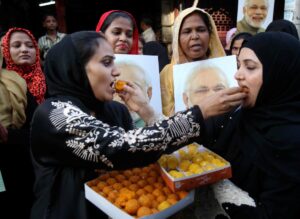 In the end, the court rejected the premise that something should still be acceptable because it has been custom for 1,400 years. With this judgement, India had an official response to this important query on August 22: quick divorce was now both sinful and unlawful.
In the end, the court rejected the premise that something should still be acceptable because it has been custom for 1,400 years. With this judgement, India had an official response to this important query on August 22: quick divorce was now both sinful and unlawful.

